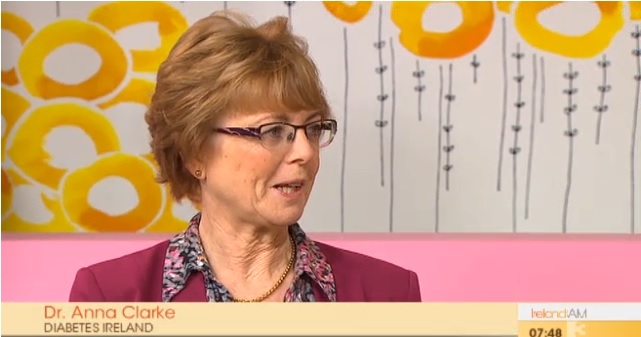According to a new study that was published in Diabetic Medicine, people with Type 1 diabetes need almost 50% more insulin to keep their glucose levels stable after a high-protein meal.
Researchers found that most of the extra insulin was needed in the two hours following the meal. However, there was a lot of variation between the extra insulin needed by different people in the study.
This is the first study to look at insulin needs of a high-protein meal vs a low-protein meal. In the study, the carbs and fat content are kept exactly the same in each meal.
Why the research took place:
People living with Type 1 diabetes are currently encouraged to adjust their insulin levels depending on the carb content of their meal. However, recent evidence suggests that fat and protein can also affect glucose levels. Therefore they should also be taken into account when an individual is calculating their insulin dosage.
The Research:
11 teenagers took part in the study. Each person ate pasta meals that contains 30g of carbs, 8g of fat and either 60g or 5g of protein.
Researchers looked at how much insulin a person needed and when they needed it, in order to keep their blood glucose levels stable at around 5.5mmol/l both during and after meals.
The findings:
Those that were eating the high-protein meal needed, on average, 54% or 3.6 additional units of insulin compared to those eating the low-protein meal.
However, the insulin needs varied greatly between the participants eating the high-protein meal. This ranged from 1.3 units less than the low-protein meal up to 9.4 additional units.
What does this mean?
The results suggest that carbs are not the only food group that affects glucose levels and insulin needs. However, this was a small study with a small sample size. Therefore, further testing is needed to better understand how protein affects insulin dosing.
“Given that this is the first study to suggest this early increase in insulin requirements, further research is required before the development of definitive recommendations around the optimal timing of insulin delivery to manage high-protein meals.”



